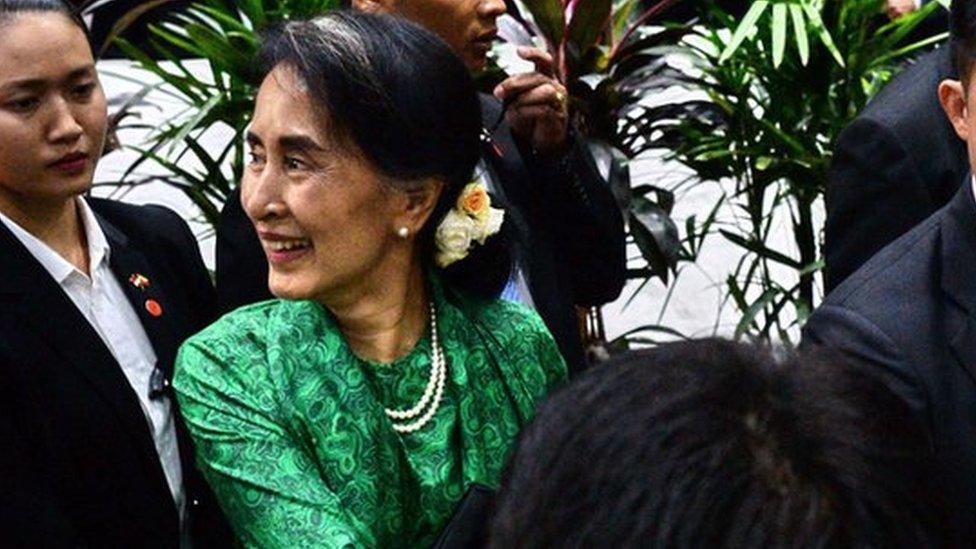Myanmar Rohingya crisis: UN 'on full alert' for new exodus
- Published
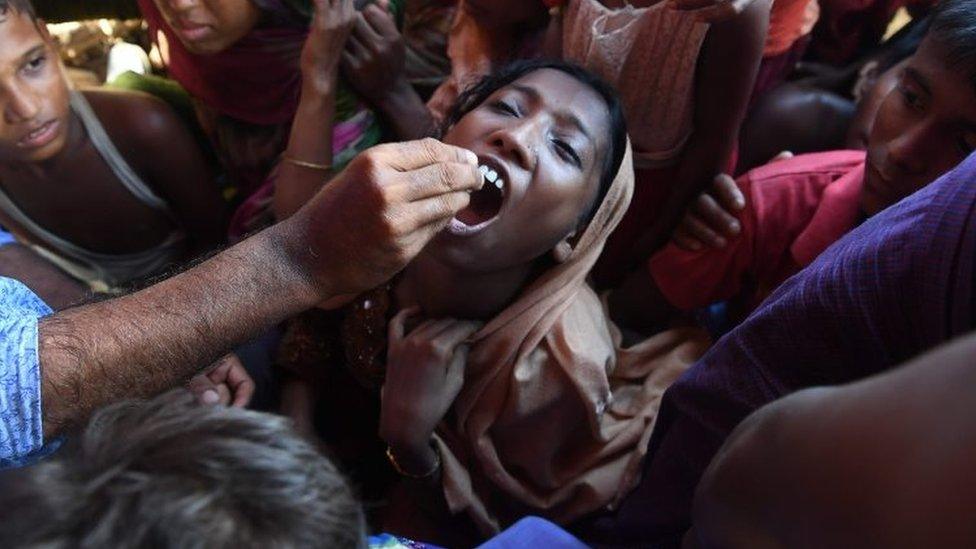
Aid organisations are launching a massive oral cholera vaccine campaign
The UN refugee agency says it is on full alert for a new escalation in the Myanmar crisis after more than 11,000 Rohingya Muslims crossed the border into Bangladesh on Monday.
Speaking in Geneva, UN officials said many of the new arrivals had walked for days to reach safety.
Last week, an average of 2,000 people a day crossed from Myanmar to Bangladesh.
The UN has said that many of the new arrivals are traumatised after fleeing killings and burning villages.
They have warned that thousands are at risk of water-borne diseases and some were injured after making the journey.
"We're back in a situation of full alert as far as influxes are concerned. It is a big increase to see 11,000," UN High Commissioner for Refugees (UNHCR) spokesman Adrian Edwards told reporters in Geneva.
The BBC's Imogen Foulkes in Geneva says that the UNHCR and aid workers are already struggling to support more than half a million Rohingyas who have already fled in recent weeks.
The World Health Organization (WHO) and Unicef, meanwhile, have begun a massive cholera vaccination campaign near the south-eastern Bangladeshi town of Cox's Bazar, which they hope will also prevent diarrhoeal diseases in overcrowded camps that lack clean water or sanitation.
Rohingya refugee Roshida describes the daily struggle she faces to keep her newborn son alive
More than 10,000 cases of diarrhoea have been diagnosed over the last week, the WHO said, with concern rising that cases of cholera - a virulent form of diarrhoea that can kill within 36 hours - may also be on the rise.
"It is the second largest oral vaccination campaign in the world after Haiti in 2016," said Unicef Bangladesh representative Edouard Beigbeder.
"Cholera is a dangerous disease, especially among children living in cramped, unhygienic conditions. Prevention is essential."
Watch: Who are the Rohingya?
More than 1,000 people will distribute the vaccine, fanning out across the sprawling camps that are home to refugees who have already risked their lives to make the perilous trip to Bangladesh.
More than half a million Rohingya have fled Myanmar's Rakhine state since Rohingya militants launched deadly attacks on police posts prompting a military crackdown in late August.
The mainly Muslim minority are widely disliked in Buddhist-majority Myanmar and are denied citizenship.
Those who have fled accuse the military, backed by Buddhist mobs, of using a brutal campaign of killings and village burnings to try to drive them out.
The military has been widely accused of conducting ethnic cleansing and genocide, but it has rejected all these allegations, saying it has only targeted Rohingya militants.

Where have the Rohingya fled to?


- Published9 October 2017
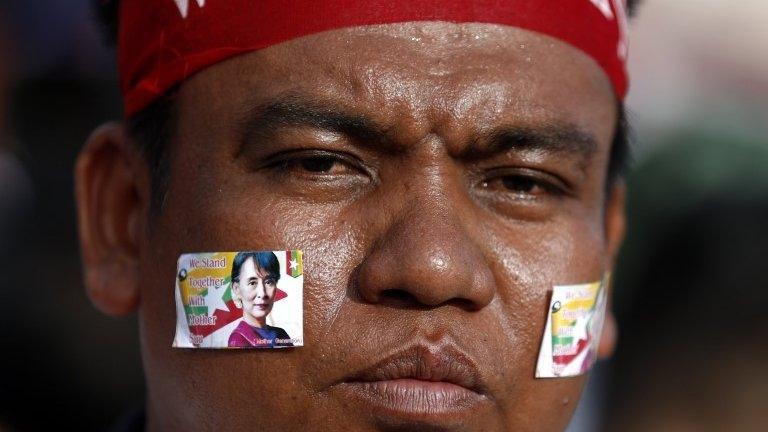
- Published9 October 2017
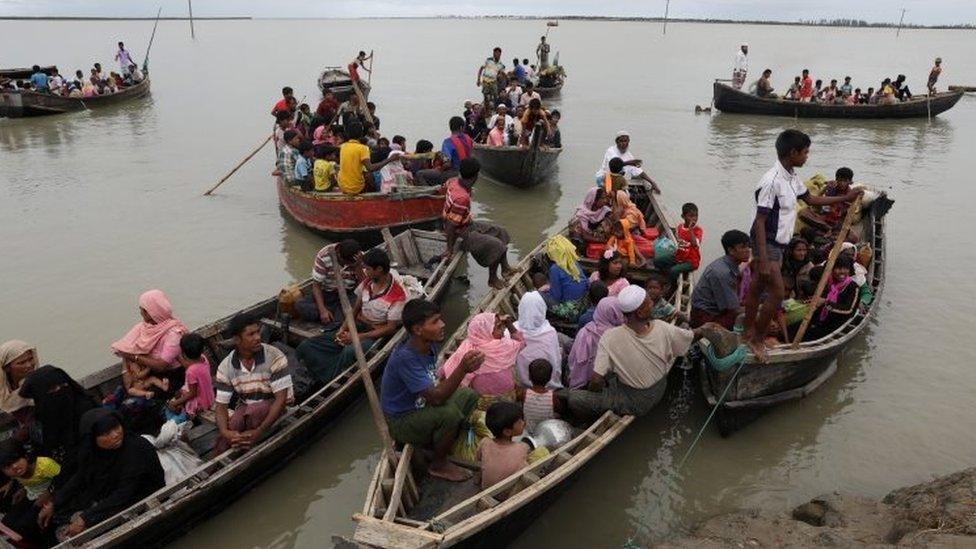
- Published19 September 2017
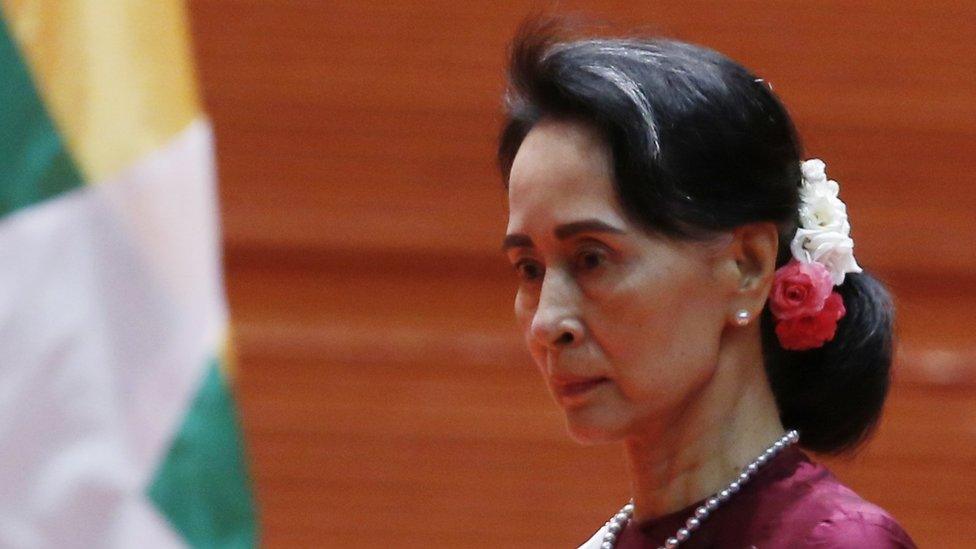
- Published19 September 2017
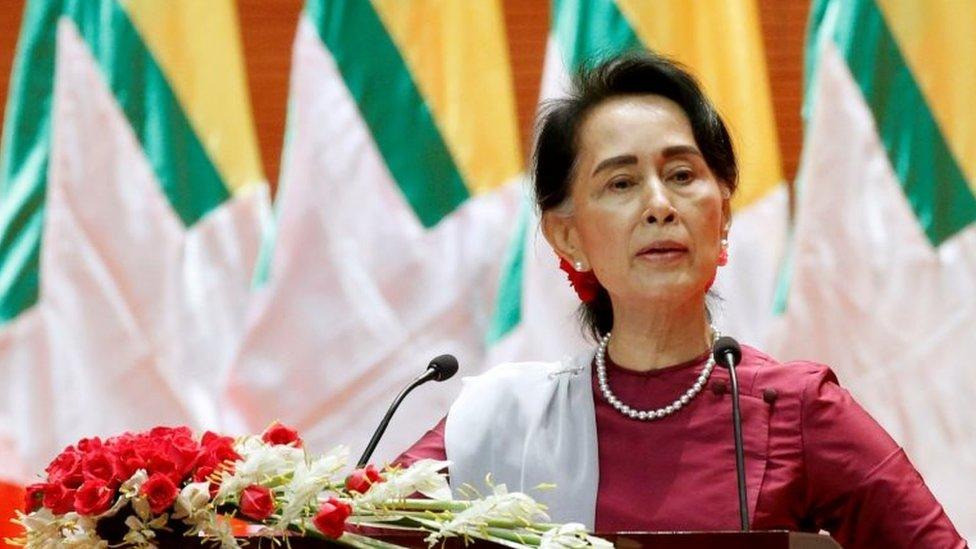
- Published19 September 2017
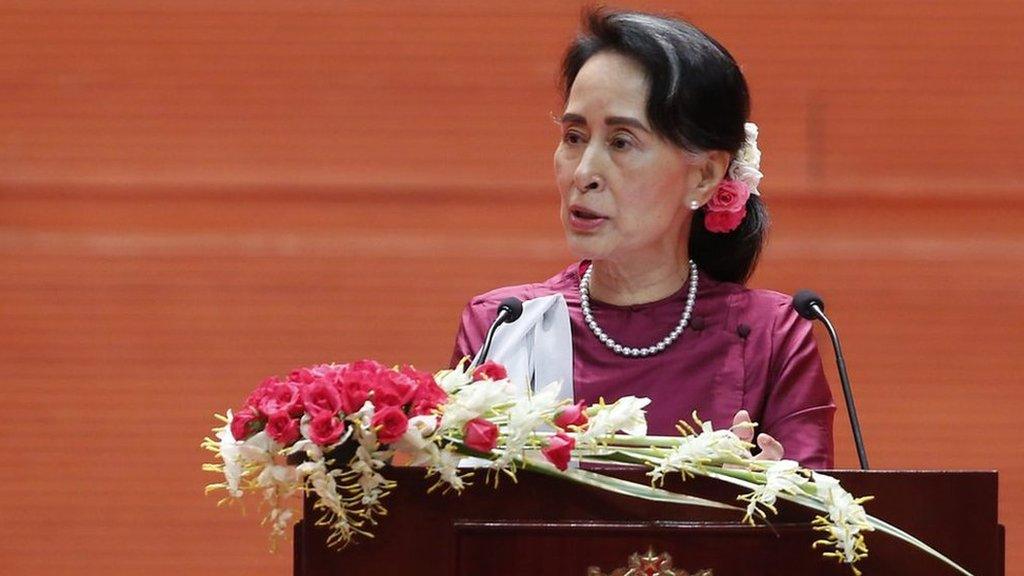
- Published7 September 2017
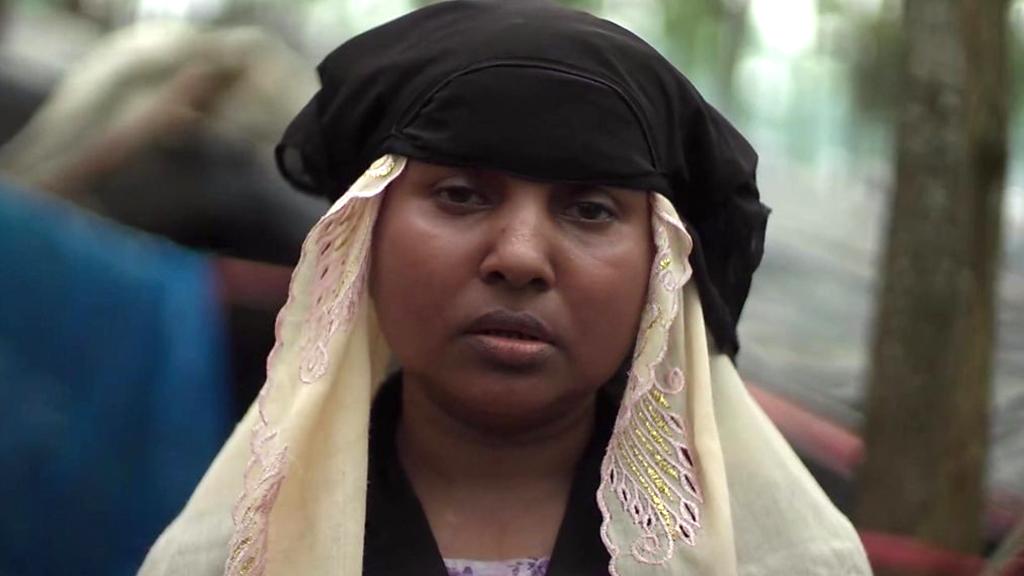
- Published11 September 2017
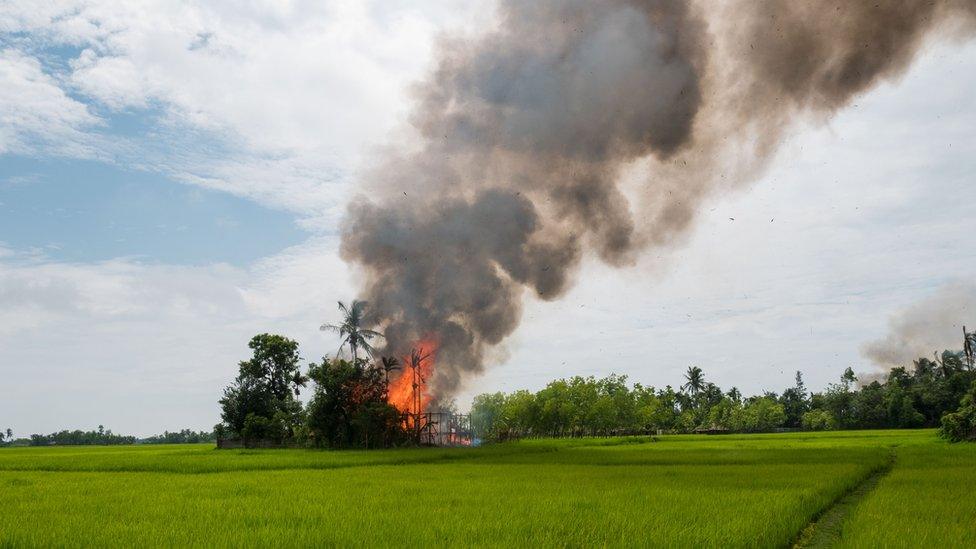
- Published20 September 2017
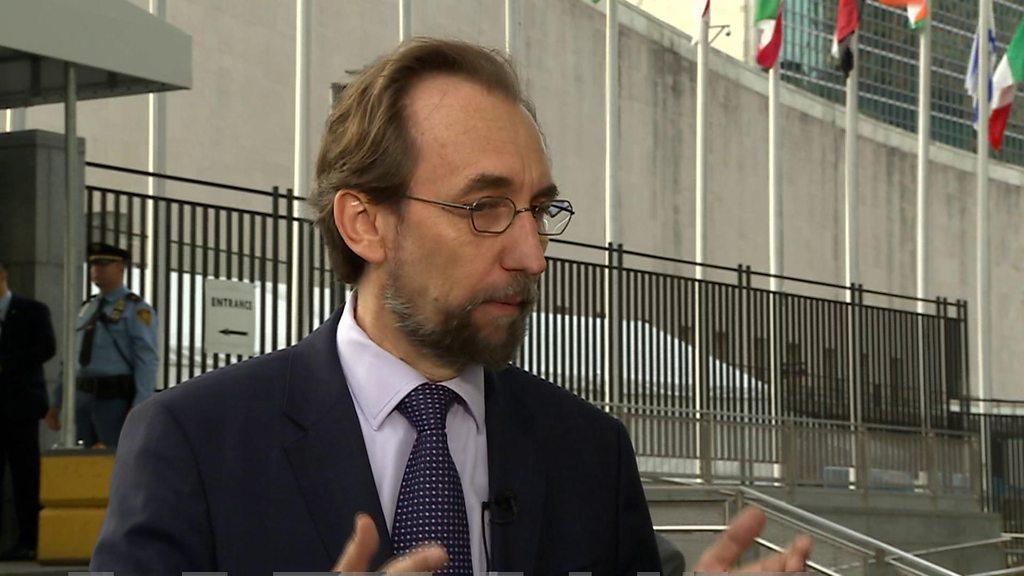
- Published10 January 2017
